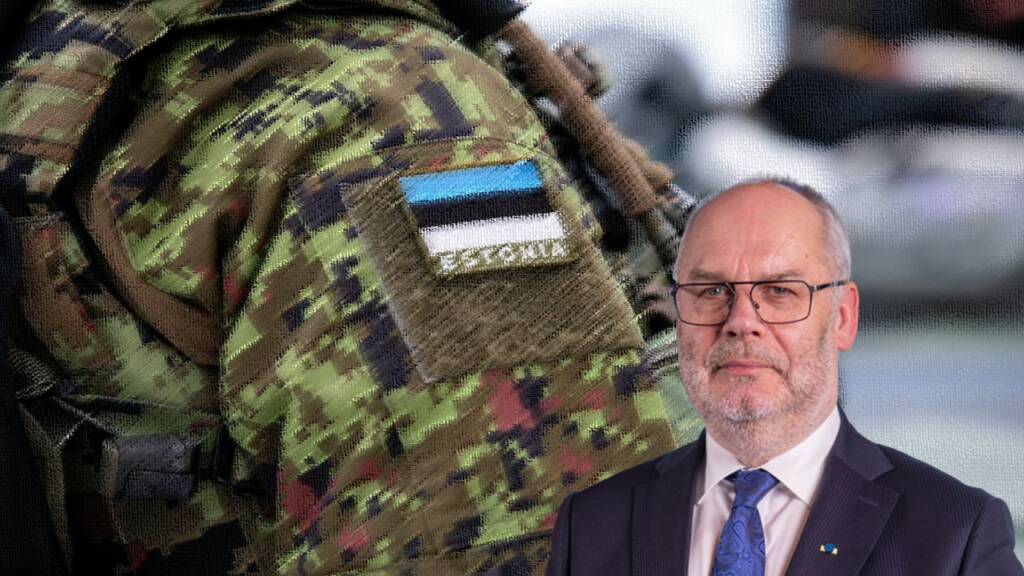Estonia is being questioned by its EU allies for overestimating the cost of weapons it is sending to Ukraine. Critics are suggesting that Tallinn’s claim is too high because Estonia is using EU funds to significantly upgrade its military. The European Peace Facility (EPF), to which member countries contribute based on the size of their economies, reimburses EU countries for providing military aid to Ukraine. Estonia insists that its claim for new weapons is in line with the rules on replacing vital kit and reflects its massive contributions to the war.
Read More: Estonia’s actions are on the verge of pushing it into non-existence
However, critics point out that the EU refund scheme would be under heavy strain if every country, particularly bigger ones, operated the same accounting methodology as Tallinn. Estonia is claiming 91% of the reimbursement based on the price of new weapons, which is higher than its peers, such as Latvia and Lithuania. Estonia’s claim for €160.5 million of new weapons was reimbursed €134.2 million under the standard 84% pay-back rate. By way of comparison, Sweden claimed back €7 million, Finland €4.7 million, Latvia €59 million, Lithuania €31 million, and France €28 million. The controversy has exposed the fact that there is no common system for calculating the price put on suitable replacement weapons. There are three different values countries can claim: the replacement value, the actual cash value, and the original procurement value. Diplomats say the debate over Estonia’s reimbursement has exposed the fact that there is no clear methodology over which system to use for payback. Estonia’s methodology has raised eyebrows across the EU, with one diplomat calling it a “particularly blatant case”. However, no one wants to call Tallinn out to avoid any sign of divisions.
Some analysts suggest that Estonia’s strong stance on Ukraine is driven by its own security concerns, particularly its proximity to Russia. Estonia has been one of the most vocal critics of Russia’s aggressive actions in Ukraine and has supported the country with military aid, economic assistance, and political solidarity. The controversy over Estonia’s reimbursement claims also highlights the different approaches and priorities among EU member states when it comes to security and defense. Some countries, like Estonia, view Russia as a major threat and prioritize military readiness and cooperation with NATO and the US. Others, like Germany, prefer a more cautious approach and prioritize diplomacy, economic engagement, and arms control.
